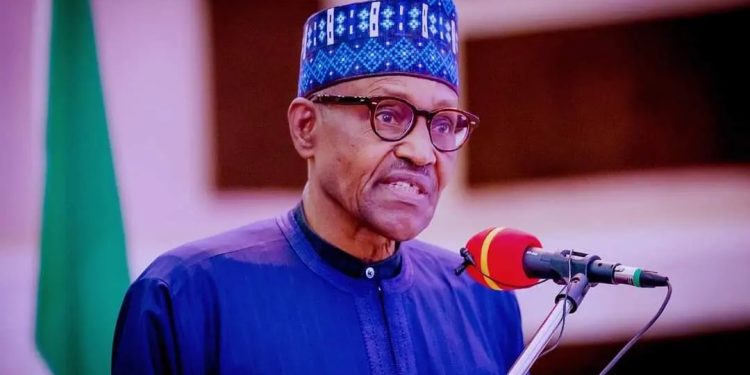President Muhammadu Buhari has called on developed and developing nations to grant duty-free and quota-free market access for products originating from the world’s 46 least-developed countries to ensure their integration into regional and global value chains.
He said this in Doha, the capital of the State of Qatar, at the UN Conference of Least Developed Countries, President Buhari also strongly criticized the current structure of the global financial system, which he says places an unsustainable external debt burden on the most vulnerable countries.
He warned that such debt burdens would make it extremely difficult for LDCs to meet the 2030 Agenda’s for Seventeen Sustainable Development Goals (SDGs).
The president also explained his presence at the conference despite the fact that Nigeria is not categorized as one of the least developed countries.
He said Nigeria has only come to show solidarity and support to the LDCs in their quest to achieve the Sustainable Development Goals, especially in this decade of action, where no one should be left behind.
The Nigerian leader challenged developed countries, civil society actors, the private sector, and the business community, to partner with the LDCs in order to provide the necessary resources and capacity to deliver development outcomes in the economic, social, and environmental aspects of the 2030 Agenda.
He listed some measures that will help LDCs recover from COVID-19, achieve SDGs, develop, and prosper over the long term.
President Buhari also talked about the issue of rising debt burdens, and he identified the need for reforms of the international financial architecture that prioritizes the needs of Least Developed Countries.
He aligned with the United Nations Secretary-General’s description of the global financial system as an “unfair debt architecture that not only charges poor countries much more money to borrow on the market than advanced economies but downgrades them when they even think of restructuring their debt or applying for debt relief.”
On trade issues, President Buhari said it is important to put in place modalities to facilitate transit cooperation, the transfer of technologies, and access to global e-commerce platforms, as they are critical for the integration of LDCs into regional and global value chains and communications technology services.
On Nigeria’s expectations for the conference, the president expressed optimism that the Doha Programme of Action would lead to the acceleration of exports from LDCs by 2031, through the facilitation of their access to foreign markets in line with the World Trade Organization Facilitation Agreement.
On climate change, President Buhari said that LDCs continue to suffer disproportionately despite contributing the least to its causes. He added that countries must prioritize cutting global emissions and work with determination to hold warming to 1.5 degrees, thereby securing the children’s future.
He warned that climate change remains one of the biggest existential threats facing humanity today, posing challenges to lives and livelihoods, and manifesting in different negative forms, including an increase in temperature, a rise in sea levels, flooding, drought, and desertification.
President Buhari commended the State of Qatar for hosting the conference and thanked Sheikh Tamim Bin Hamad Al Thani, the Emir, for inviting him.
He also expressed appreciation to the UN for its excellent organization of the conference and its continued support for the LDCs.











